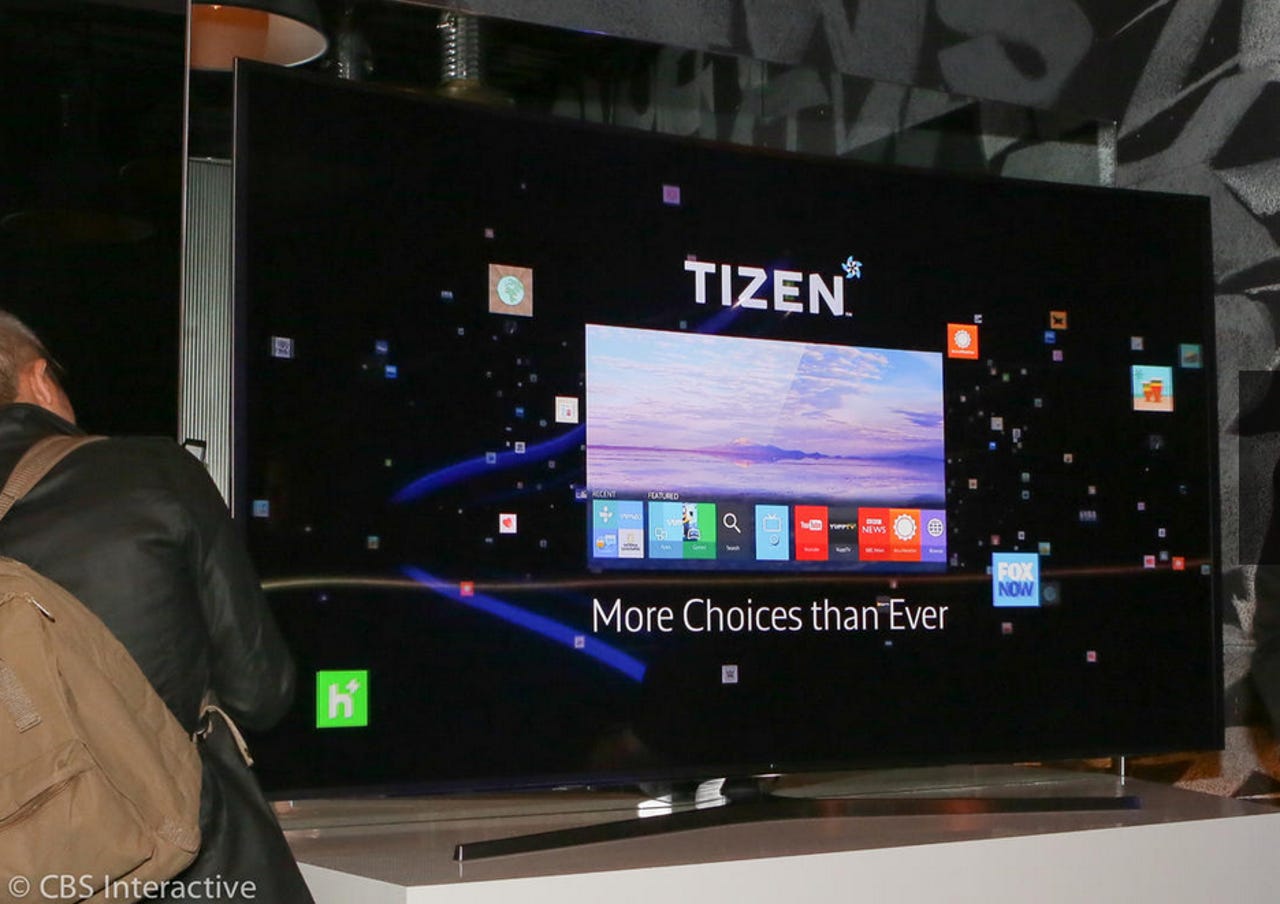CES 2015: The Linux penguin in your TV

Las Vegas -- Linux fans can happily tell how Linux is the most popular end-user operating system thanks to Android, how Tux the penguin, Linux's mascot, rules supercomputers, and how even Microsoft loves Linux now because of its power in the cloud. What even they might not know, but has become crystal-clear at CES, is that Linux also now dominates Smart and 4K TV.

Moving forward those TVs are all going to be 4K. Oh, HDTV isn't going away. It's just that the vendors will be selling them on the low-end in 2015, while, as ZDNet's sister publication puts it, they'll be "putting all the picture quality enhancements that do matter -- local dimming, better color and better panel technology -- into 4K TV."
Enterprise Software
What the vendors also aren't telling you, until you look into the fine print, is that behind all the display magic is one version or another of Linux.
Android, which is mostly thought of as only for smartphones and tablets, will also be powering the latest Smart and 4K TVs from Philips, Sharp, and Sony who have all announced that they'll be shipping their Smart TVs with Android TV. This is a specialized version of Android based on Android 5.0, Lollipop. Besides providing various Smart TV applications and interfaces, it also includes Chromecast's ability to display video from your smartphones, tablets, and PCs.
Samsung, on the other hand, is taking its failed mobile Linux Tizen and retrofitting it into a TV operating system. What can it do that Android can't? That's a good question, and Samsung has yet to answer it.
We'll see Android TVs in the first two quarters of 2015, and other than engineering samples I'm not sure when we'll see Tizen-powered Samsung TVs.
For its Smart TV line, Hisense uses Roku OS, a slimmed-down Linux.
Last, but not least, Mozilla's feisty Linux-based Firefox OS will be finding a home in living rooms in Panasonic's Life+ Screen 4K Ultra HD Smart TVs.
Which Linux will win here? I find it hard to see Android losing out in this competition. Still, Smart TVs, despite years of development, are immature. I wouldn't be shocked if one of the others managed to dominate the market. But whatever operating system ends up running the majority of our Smart TVs, its roots will be deep in Linux.